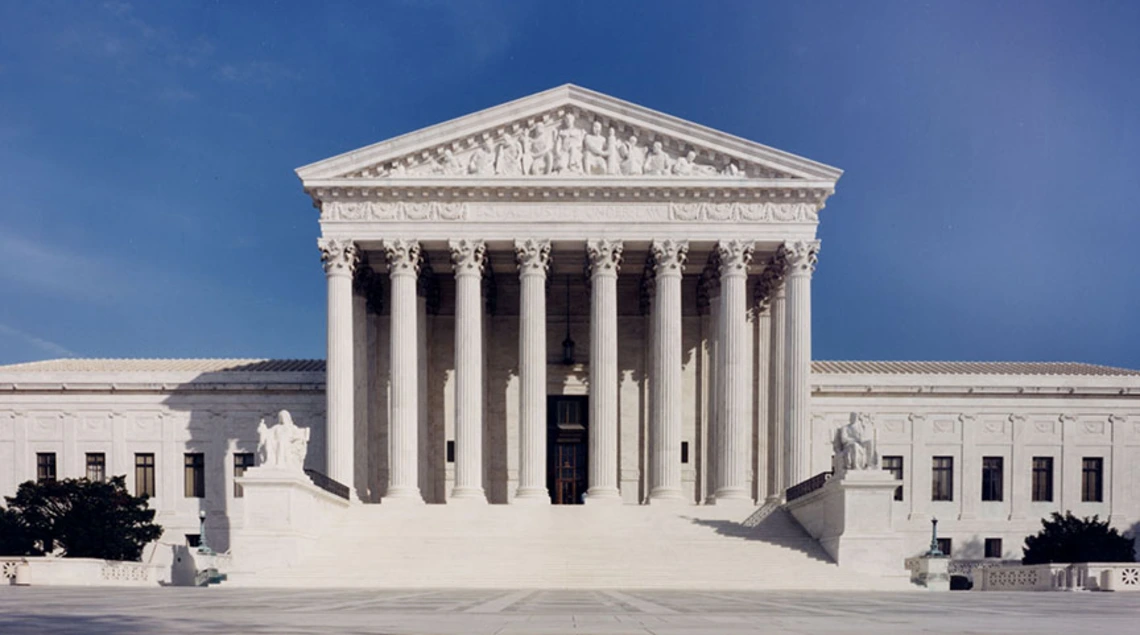Supreme Court to Hear WOTUS Case

On Monday the Supreme Court of the United States (SCOTUS) granted an appeal in Sackett v. EPA, a 2012 case involving federal jurisdiction to regulate wetlands on private land under the Clean Water Act (CWA). In the 2012 decision, SCOTUS sided with the Idaho landowners, ruling that the Sacketts have the right to challenge a CWA order from the US Environmental Protection Agency (EPA), but the court affirmed the lower court’s ruling that the wetland in question was under the jurisdiction of the CWA.
Fifteen years ago, Idaho residents Chantell and Michael Sackett filled in wetlands on their property to build a house. The project was halted by the EPA because the wetlands were considered Waters of the United States (WOTUS) under the CWA, and the Sacketts had not obtained a federal permit to build on the property. The Sacketts were faced with hefty fines and an order to remove the dirt they had used to fill the wetlands. Though SCOTUS ruled that the Sacketts had the right to sue the EPA, the court's affirmation that the wetlands were WOTUS under the CWA relied on precedent set by the 2006 landmark case, Rapanos v. United States. Now the Supreme Court has granted a review of the 2012 decision relating to the definition of WOTUS under the CWA. In Rapanos the court issued a 4-1-4 decision, establishing two tests to determine whether a wetland is considered WOTUS under the CWA. Former Justice Anthony Kennedy, the swing vote in Rapanos, established a test that defined a wetland as any body of water with a “significant nexus” to a larger body of water. This broad view of what constituted a wetland is at odds with the test established by Former Justice Antonin Scalia in his opinion, which states that WOTUS should only include permanent, standing, or continuously flowing bodies of water.
Justice Kennedy’s test was used by the Obama Administration to inform the 2015 Clean Water Rule, while the Trump Administration’s 2020 Navigable Waters Protection Rule used Justice Scalia’s test to gut the Clean Water Rule. After an Arizona court struck down the Navigable Waters Protection Rule in 2020, the Biden Administration announced their intention to develop a new rule, a process now being thrown into question by the Supreme Court. The outcome of this case could resolve some of the uncertainty stemming from the split Rapanos decision and if the court adopts Justice Scalias’ test, significantly limit the jurisdictional scope of the CWA.

